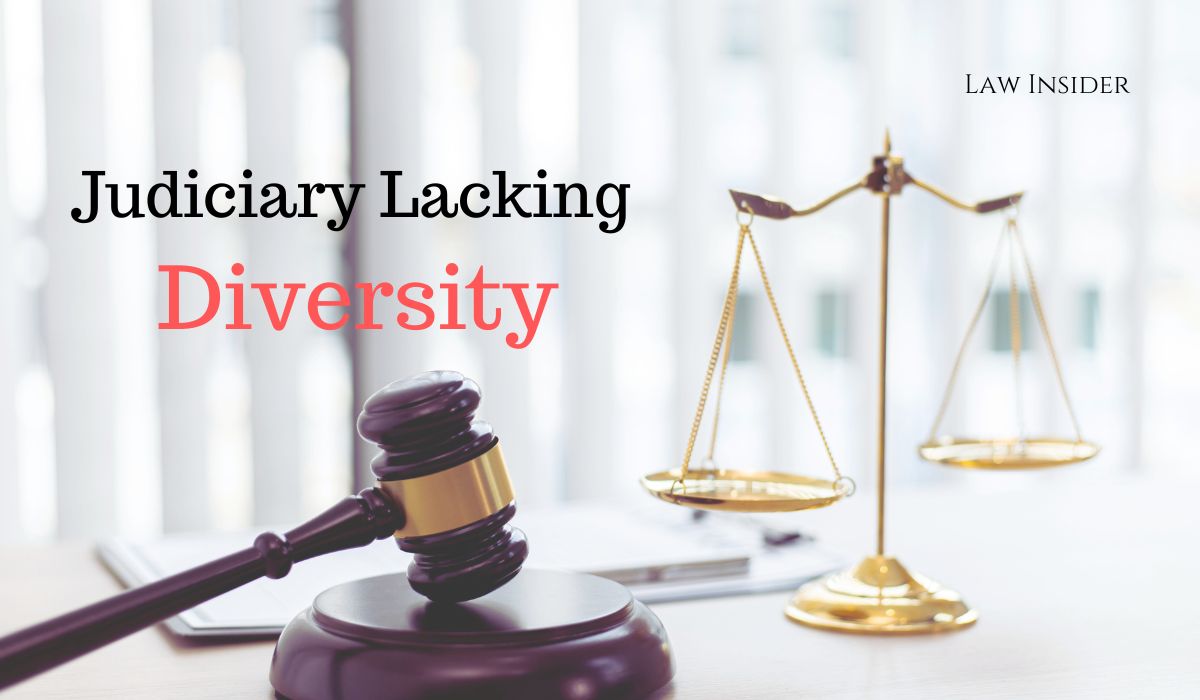Published on: 09 August 2023 at 17:33 IST
A recent report from a parliamentary committee sheds light on the glaring lack of diversity within the Indian judiciary.
Over the past six years, a mere 3% of appointments to High Court judgeships have been from the Scheduled Caste (SC) category, with an even lower 1.5% representation from the Scheduled Tribe (ST) community.
The report, originating from the 133rd Parliamentary Standing Committee and titled ‘Judicial Processes and Their Reforms’, was presented on August 7, 2023, in the Rajya Sabha.
The document reveals that out of the 601 judges appointed to various High Courts since 2018, a substantial 76% hailed from the General category, while only 18 judges had SC backgrounds and 9 hailed from the ST community.
Judges from the Other Backward Classes (OBC) made up 11.9% (72 judges), women constituted 15.1% (91 judges), and minority communities contributed 5.3% (32 judges) of the total appointments. Details about the social status of 13 judges remained unavailable.
Chaired by Sushil Kumar Modi, a Member of Parliament (MP) from the Bharatiya Janata Party (BJP), the committee consisted of 31 MPs from both houses of the parliament.
The committee unanimously expressed deep concern over the underrepresentation of marginalized sections, women, and minorities within the higher judiciary.
The report highlighted the role of the Collegium in recommending candidates for higher judicial posts. It underscored that the responsibility falls on the Collegium to ensure adequate representation of these marginalized sections in their recommendations.
To address this issue, some committee members proposed a constitutional amendment to guarantee representation of SCs, STs, and OBCs in the higher judiciary. The report observed that the current state of the higher judiciary reflects a ‘diversity deficit’, with the representation of various marginalized groups falling significantly short of the country’s social diversity.
The declining trend in representation from marginalized sections over recent years has caused concern, the report noted.
It emphasized that while reservations aren’t a part of the judicial appointment process at the High Court and Supreme Court levels, the inclusion of diverse perspectives would enhance the trust, credibility, and acceptance of the Judiciary among the public.
Additionally, the committee advocated for the inclusion of a provision in the Memoranda of Procedure (MoP) – currently in the finalization stages – that would mandate both the Supreme Court and High Court Collegiums to recommend a sufficient number of candidates from marginalized backgrounds, including women and minorities, for judicial appointments.
During discussions, P Wilson, an MP and Senior Advocate, pointed out that the limited representation of various social groups could potentially jeopardize the safeguarding of their rights. He argued that a more diverse judiciary would offer multiple perspectives necessary for interpreting and enforcing the law on issues spanning diverse cultures and generations.
Concluding its recommendations, the committee urged the Department of Justice to gather data on the social backgrounds of sitting Supreme Court and High Court judges appointed prior to 2018.

